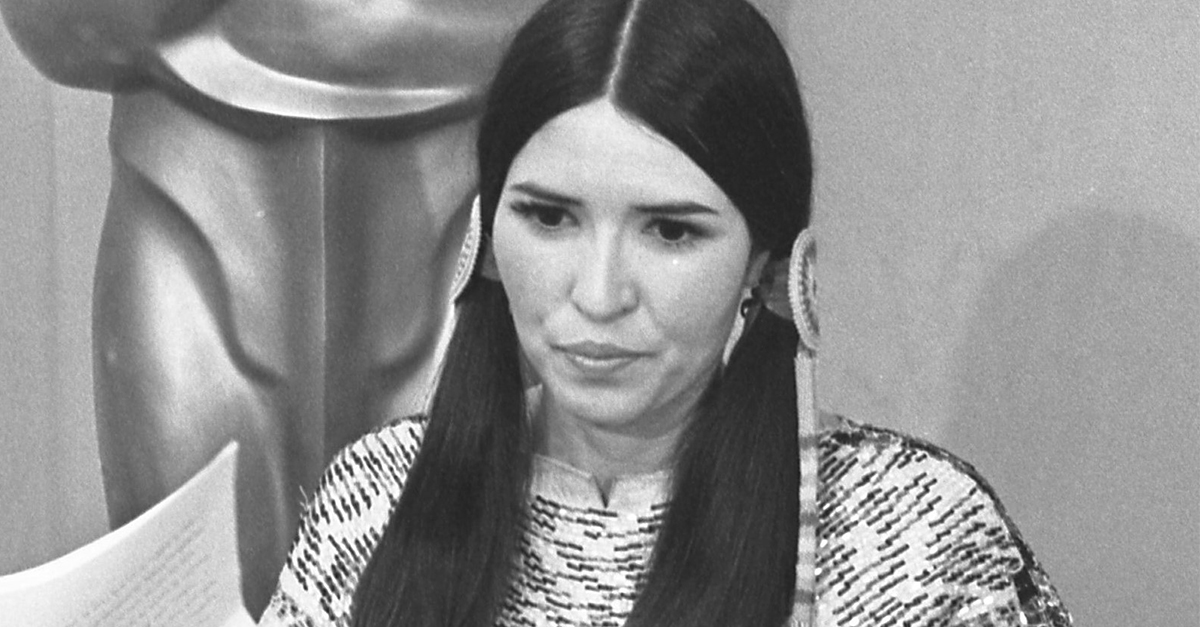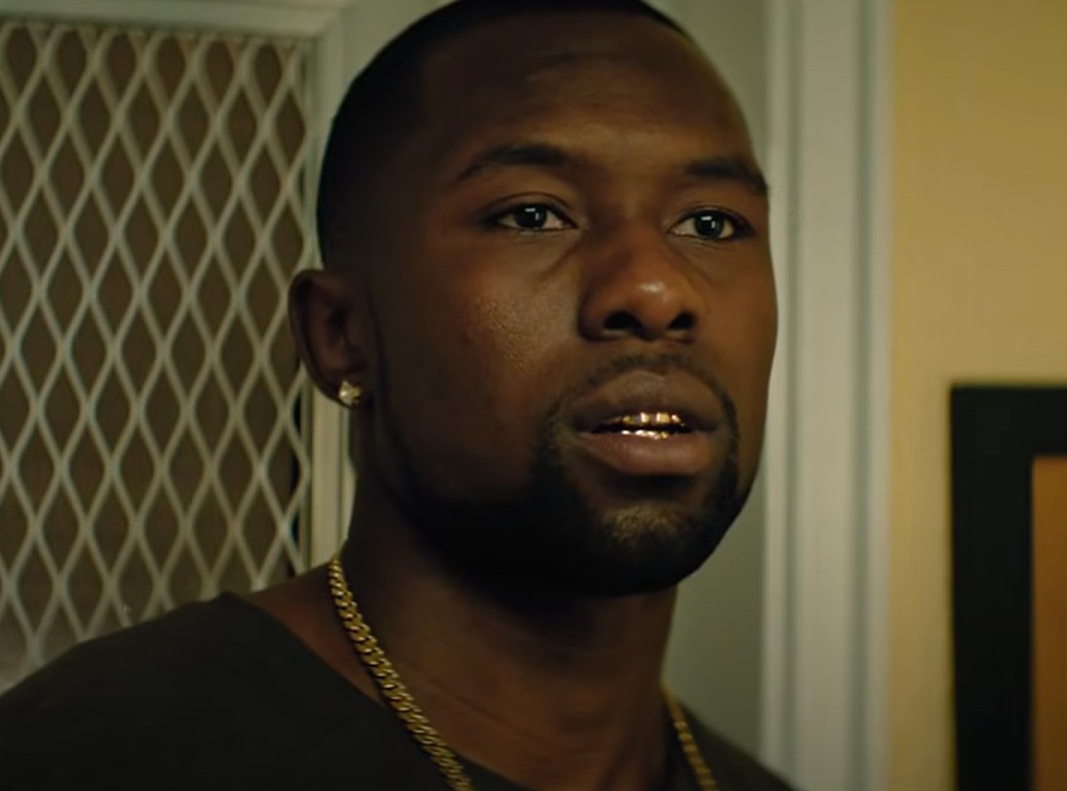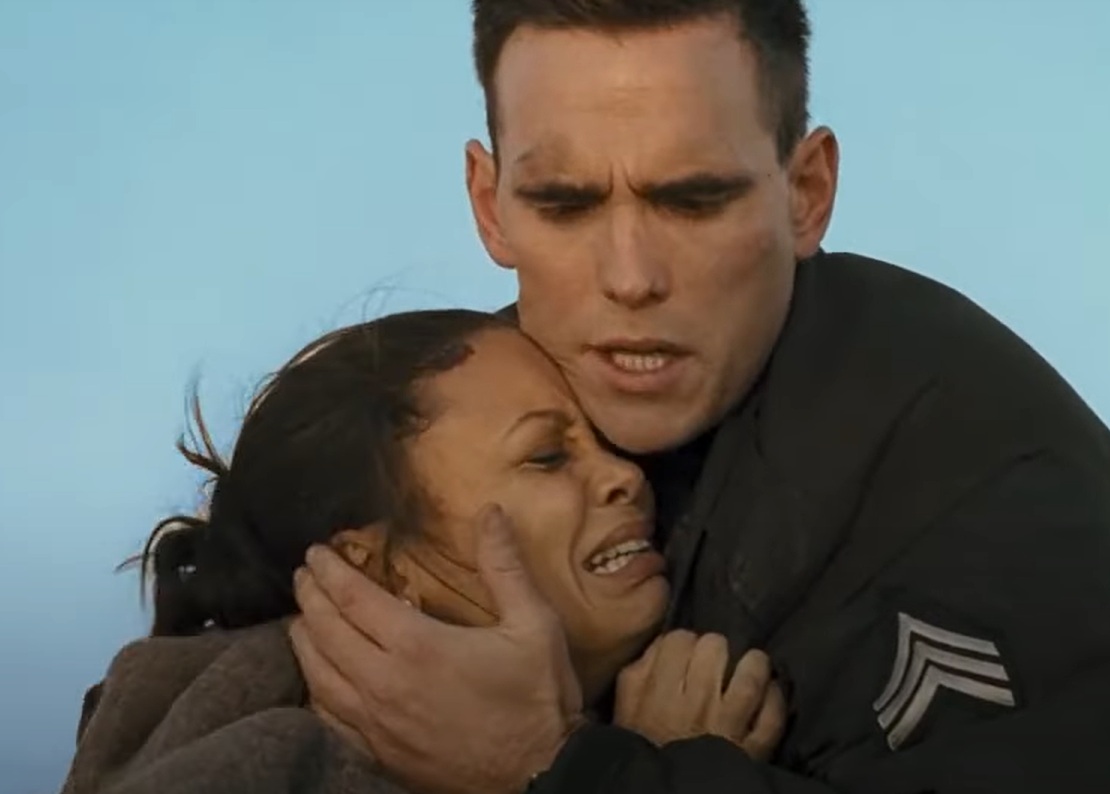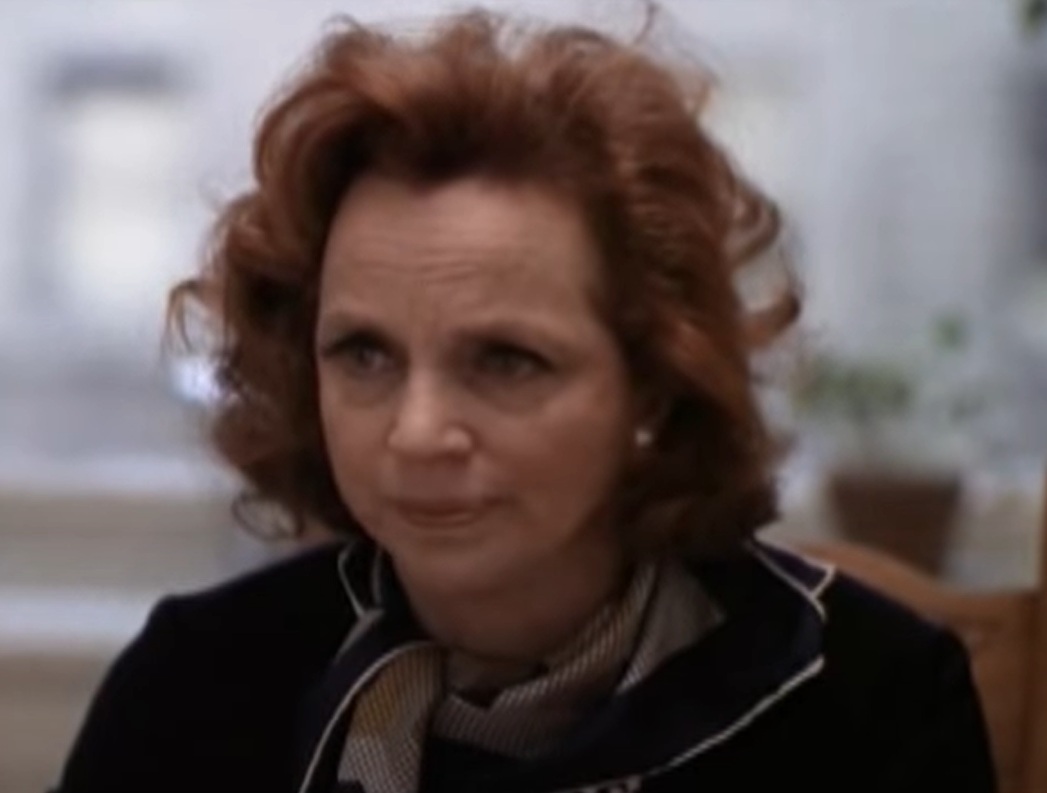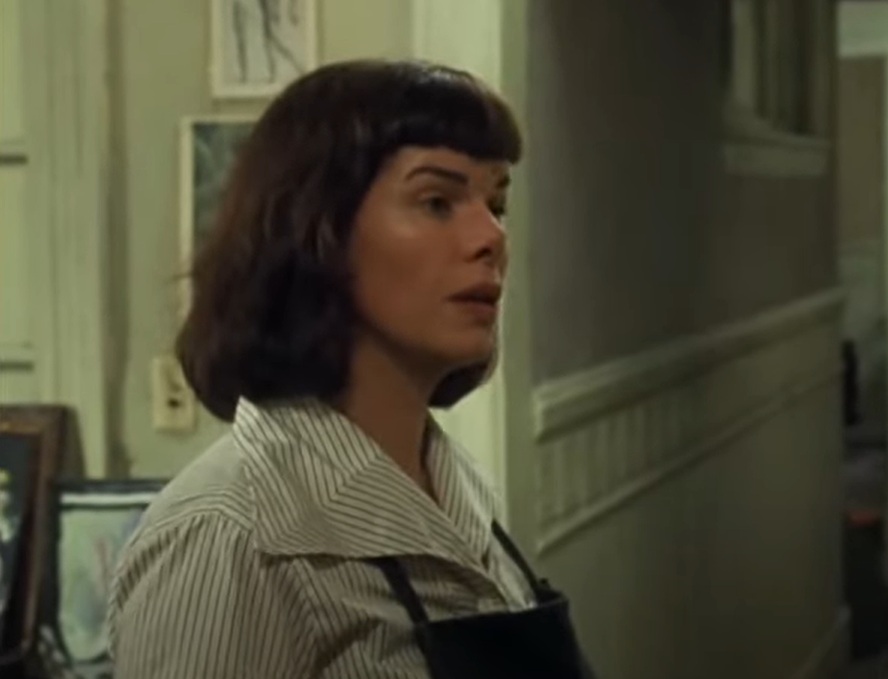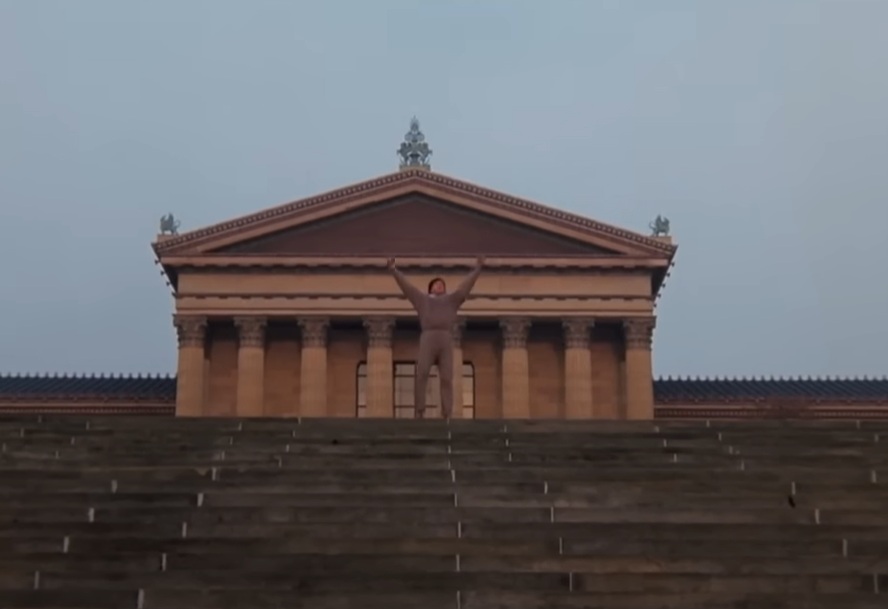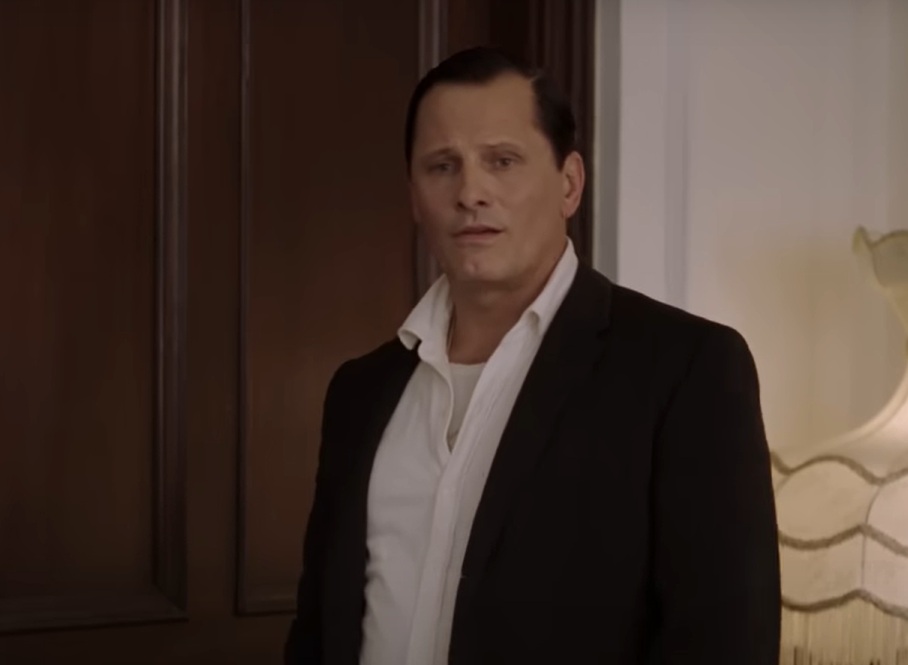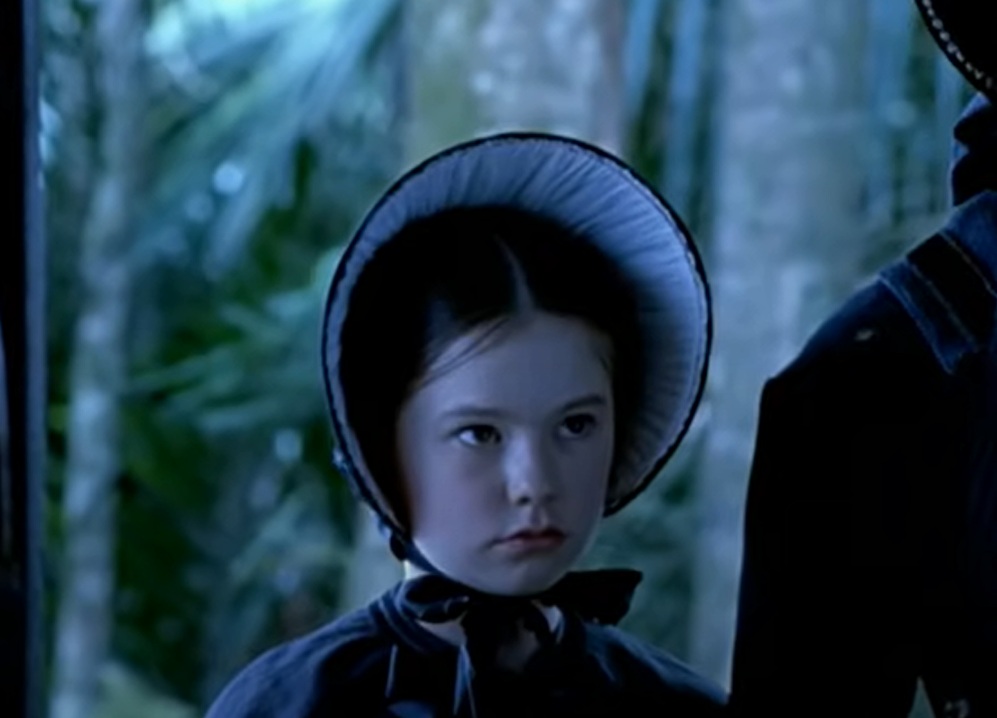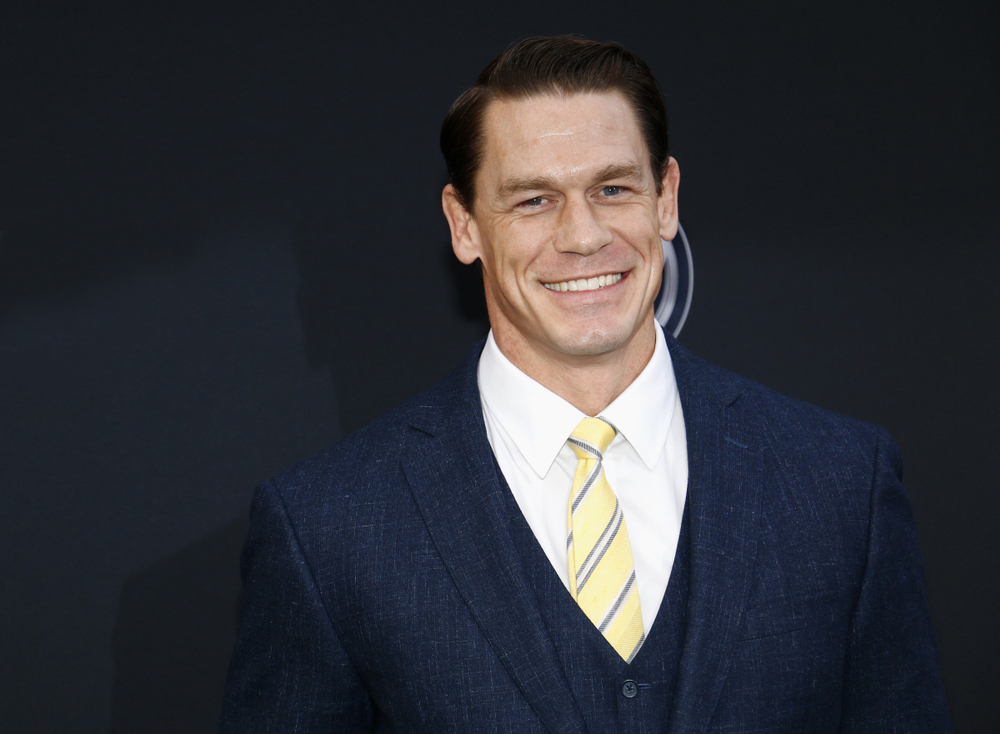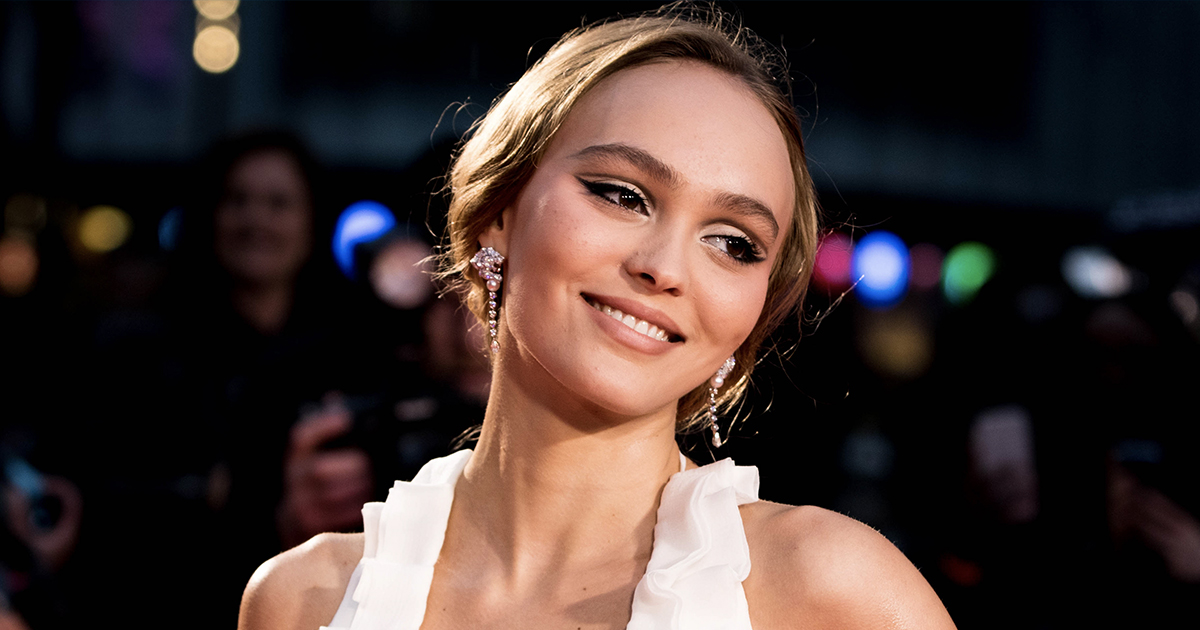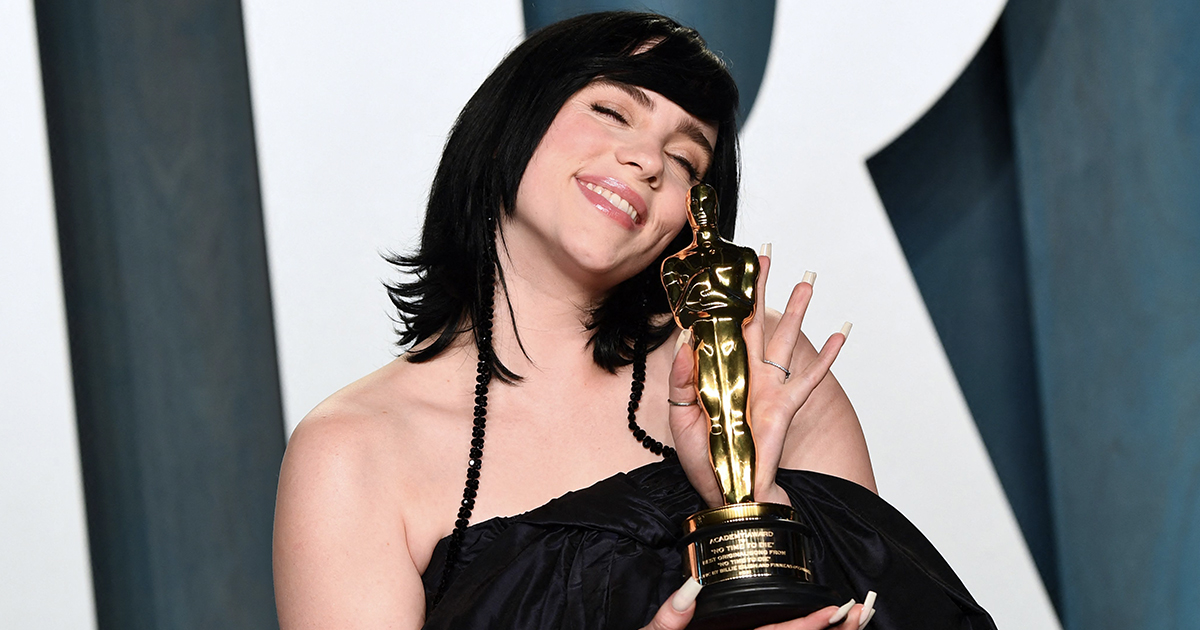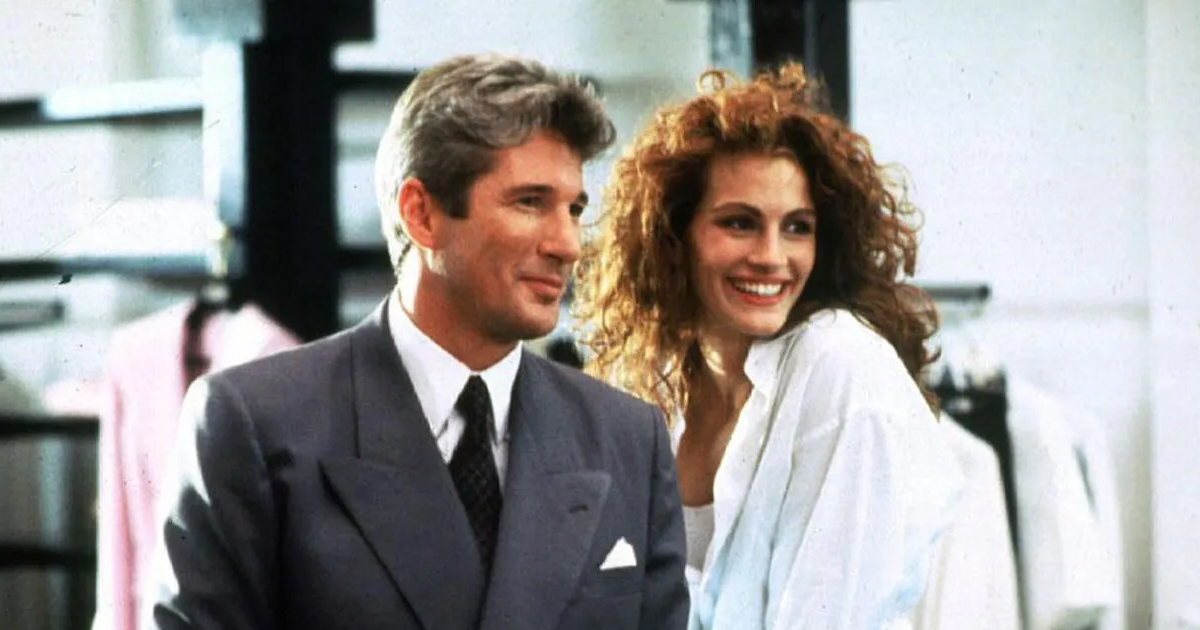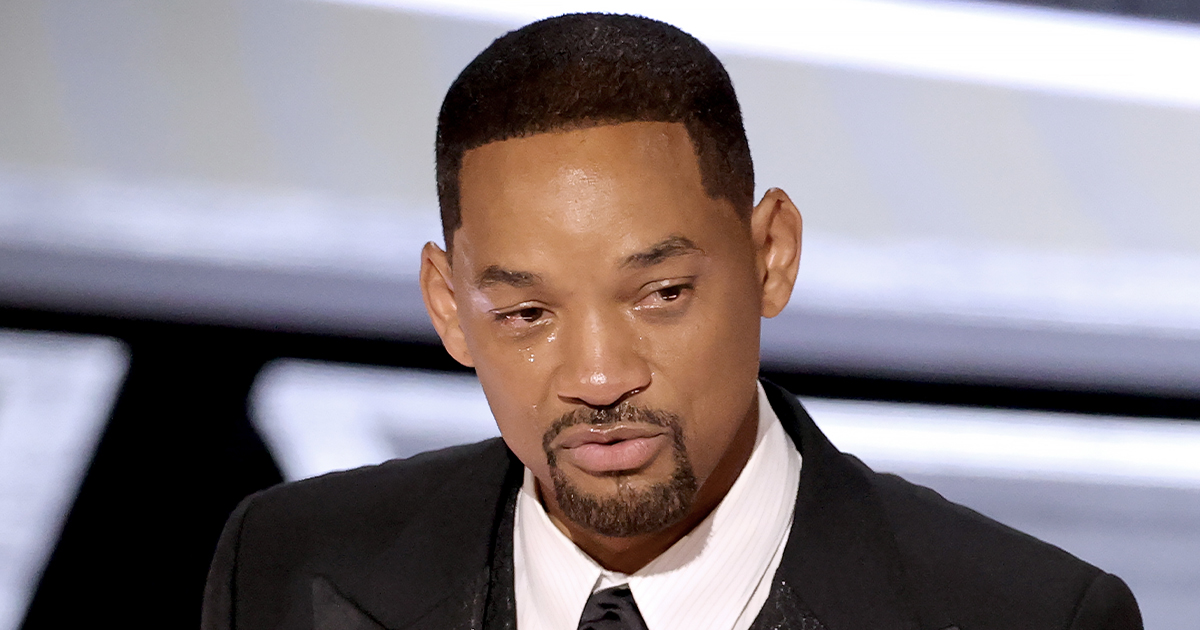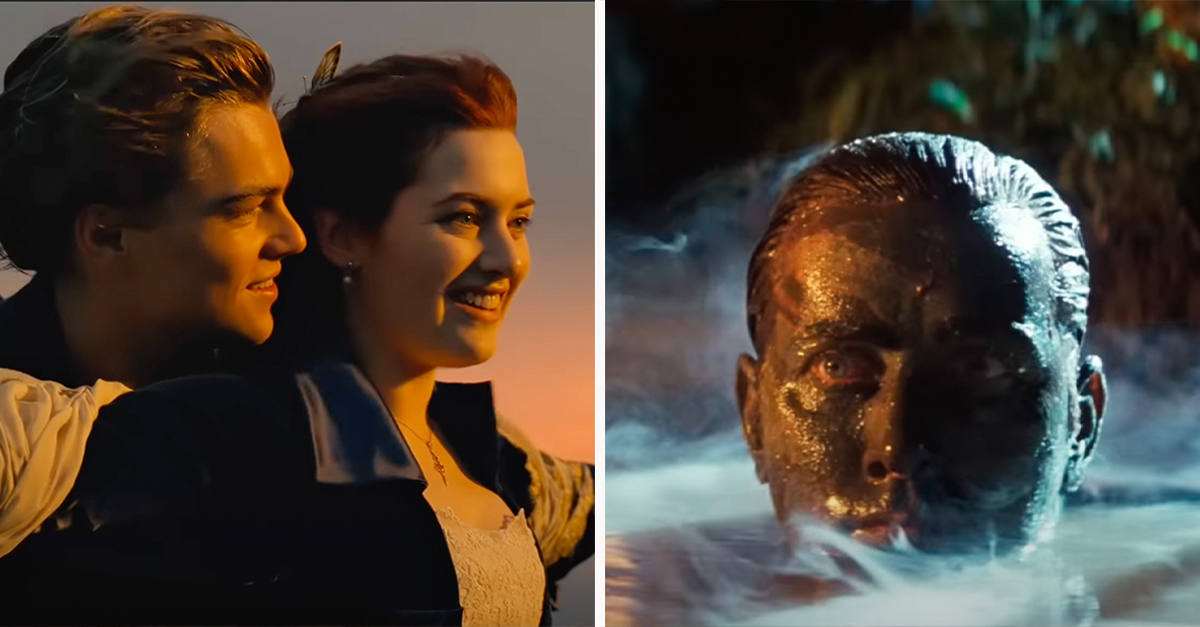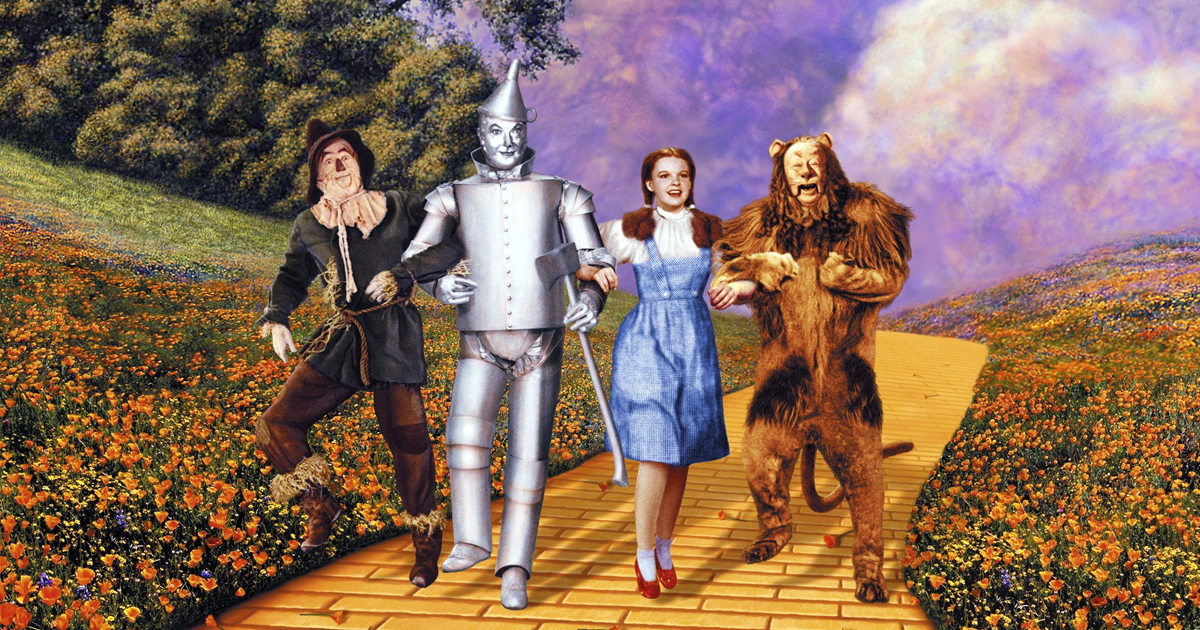And The (Surprising) Winner Is…!
Sometimes the Academy surprises filmgoers by doing the unexpected and causing an upset at the Oscars. So in honor of awards season, let’s look at some of the biggest surprises Oscar voters have given us over the years.
Best Picture: How Green Was My Valley (1941)
How Green Was My Valley is a family drama set in a Welsh coal-mining village. It managed to defeat a film widely considered one of the best ever, possibly the very best: Orson Welles’ Citizen Kane. John Ford’s movie also defeated two other strong contenders: Sergeant York and the film-noir classic The Maltese Falcon.
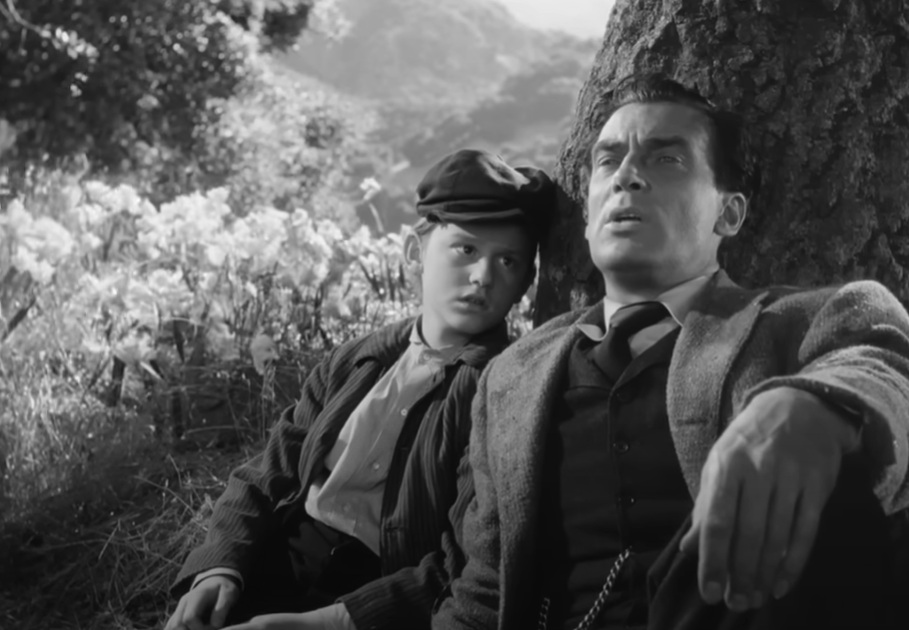 Twentieth Century, How Green Was My Valley (1941)
Twentieth Century, How Green Was My Valley (1941)
Best Picture: Driving Miss Daisy (1989)
Snubbed in the directing category, Bruce Beresford’s film about a Black chauffeur and a white matron knocked formidable contenders Field of Dreams, Dead Poets Society, and My Left Foot to the curb to win for Best Picture.
Controversially, Spike Lee’s hard-hitting racial drama Do The Right Thing wasn’t even nominated in the category in the first place, giving this upset even more scandal.
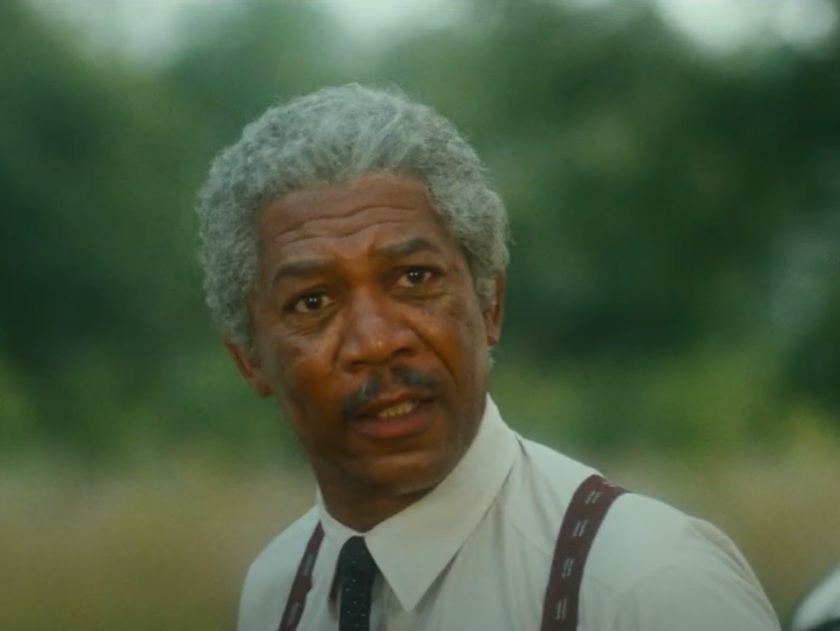 Warner Bros., Driving Miss Daisy (1989)
Warner Bros., Driving Miss Daisy (1989)
Best Actor: Robert Donat, Goodbye, Mr Chips (1939)
Robert Donat won Mr Chips' only Oscar by beating Clark Gable in Gone With The Wind and Jimmy Stewart in Mr Smith Goes To Washington. It’s a choice that hasn’t stood the test of time if you consider the huge cultural impact of Gone With The Wind, let alone the eight Oscars it did win!
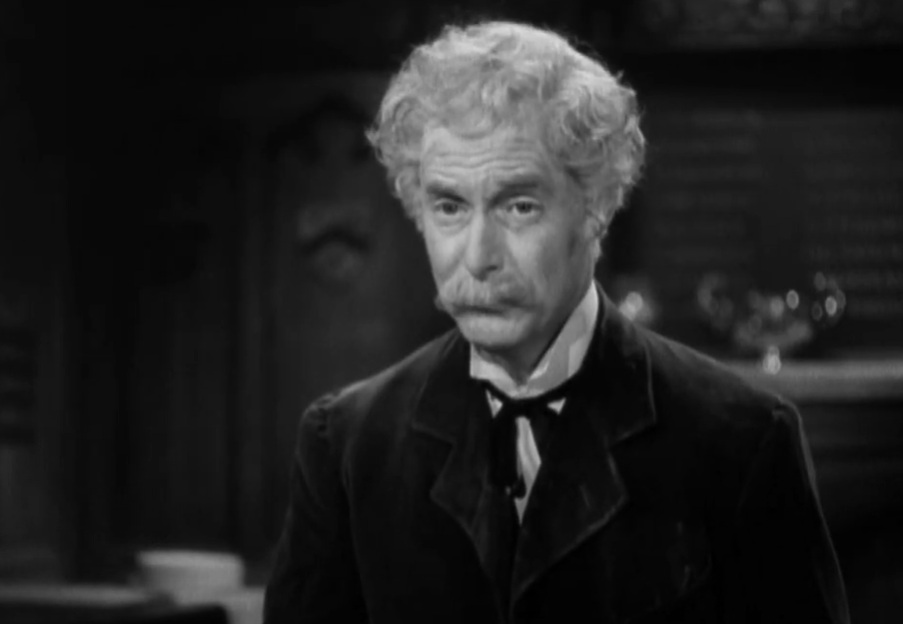 MGM, Goodbye, Mr. Chips (1939)
MGM, Goodbye, Mr. Chips (1939)
Best Actor: Art Carney, Harry And Tonto (1974)
Art Carney’s role as an old man traveling the country with his cat in Harry and Tonto defeated Al Pacino’s performance for the ages as Michael Corleone in The Godfather Part II. Nonetheless, Francis Ford Coppola’s sequel won Best Picture and Best Director, among others.
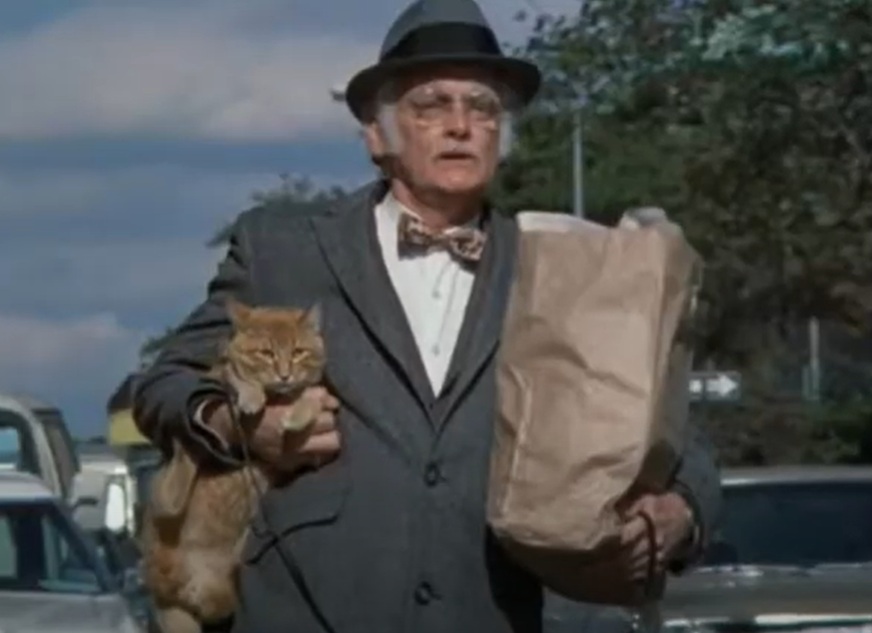 Twentieth Century, Harry and Tonto (1974)
Twentieth Century, Harry and Tonto (1974)
Best Actress: Olivia Colman, The Favourite (2018)
Although Colman in this dark comedy directed by Yorgos Lanthimos was some people’s favorite, many expected Glenn Close to win something like a "lifetime achievement" award for The Wife. Instead, Colman as a rambunctious Queen Anne reigned supreme, winning the film’s only Oscar, despite its nine other nominations.
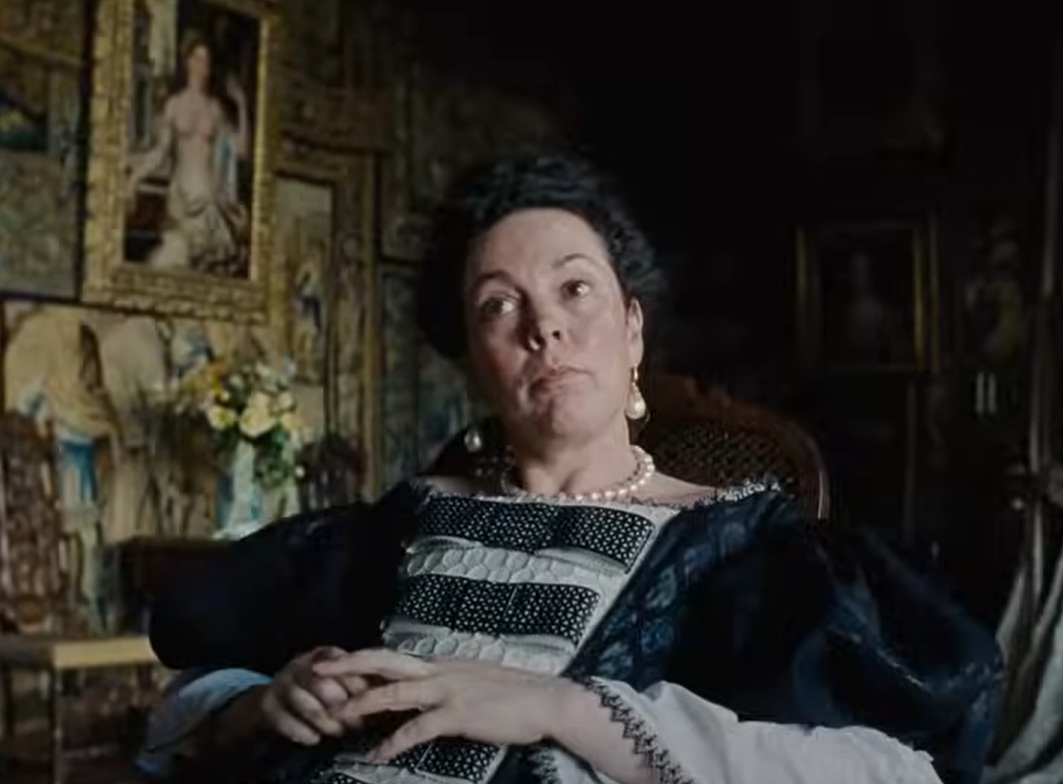 Searchlight Pictures, The Favourite (2018)
Searchlight Pictures, The Favourite (2018)
Best Picture: Shakespeare in Love (1998)
Directed by John Madden and starring Gwyneth Paltrow, Joseph Fiennes, and Geoffrey Rush, this historical romantic comedy was no slouch at the box office or with the critics, but its win over Steven Spielberg’s Private Ryan is widely seen as a mistake, even by Academy voters.
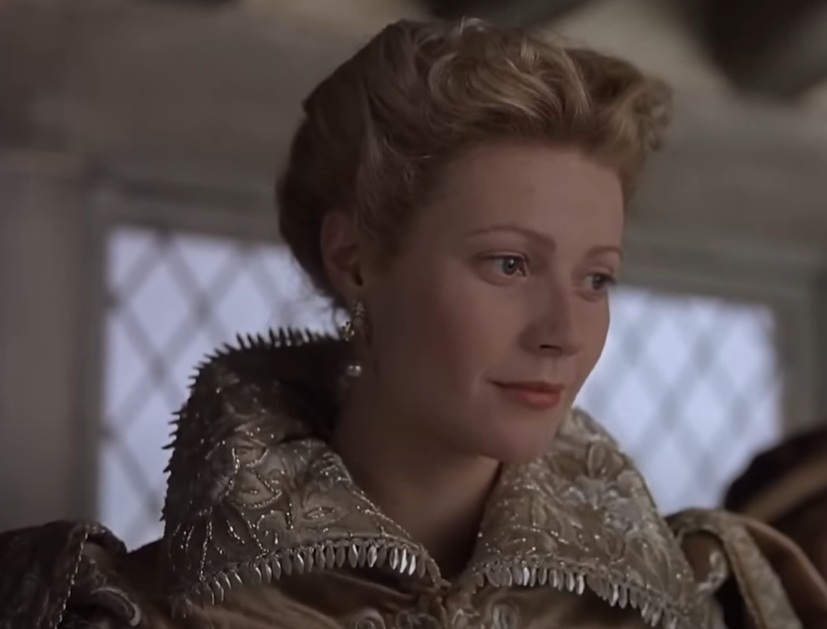 Universal, Shakespeare in Love (1998)
Universal, Shakespeare in Love (1998)
Best Actor: Adrien Brody, The Pianist (2002)
Brody’s lead role in Roman Polanski’s war drama The Pianist topped nominees Jack Nicholson (About Schmidt), Michael Caine (The Quiet American), Nicolas Cage (Adaptation), and Daniel Day-Lewis (Gangs Of New York), making the 29-year-old the youngest to win in the category.
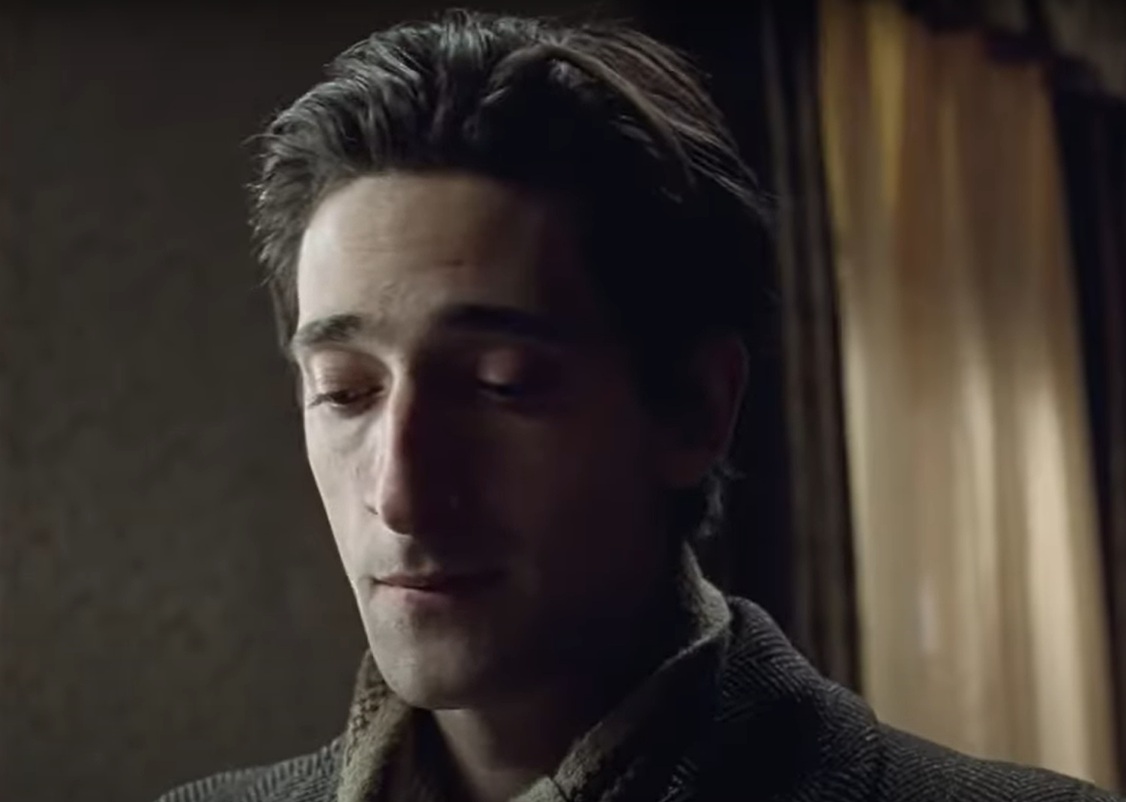 StudioCanal, The Pianist (2002)
StudioCanal, The Pianist (2002)
Best Director: Roman Polanski, The Pianist (2002)
In a surprising move, considering the Academy’s aversion to controversy, voters also honored The Pianist by choosing Polanski as Best Director for its 2003 awards, despite his fleeing the US in 1977 after charges for assault of a minor.
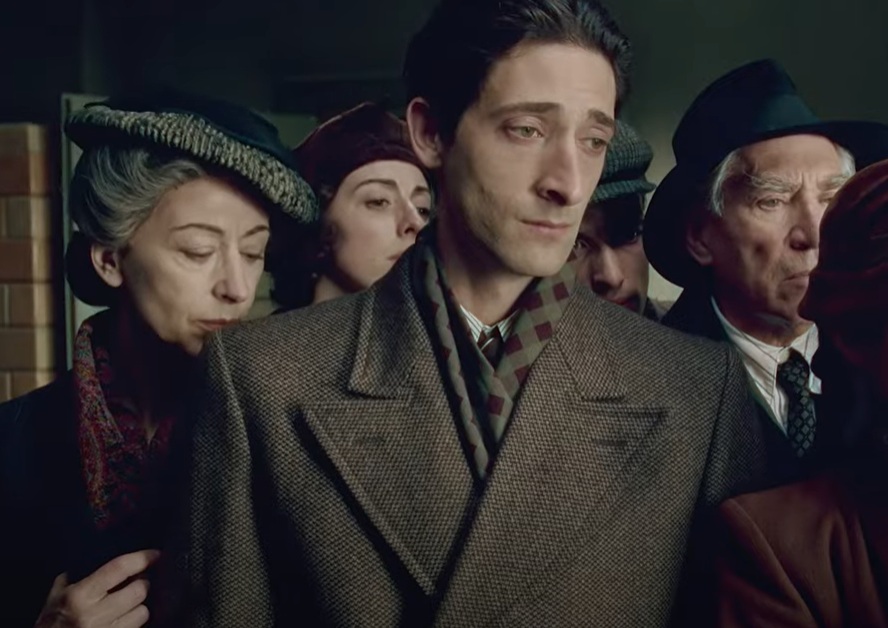 StudioCanal, The Pianist (2002)
StudioCanal, The Pianist (2002)
Best Picture: La La Land (2016), then Moonlight (2016)
Many expected the gentle escapism of La La Land to win Best Picture, so it was not a shock when it won the night’s crowning prize. Until it all unraveled. Then two minutes later, it was announced there’d been a card mixup, and the more serious Moonlight was the winner. Two surprises for the price of one!
Best Picture: Crash (2005)
It seems Academy votes just couldn’t handle a story of two cowboys in love, with Barry Jenkins’ intriguing but flawed Crash winning Best Picture over Ang Lee’s magisterial and heartwrenching Brokeback Mountain. Many Academy voters have since said it was a mistake.
Best Supporting Actress: Beatrice Straight, Network (1976)
Beatrice Straight holds the record for the shortest performance to win an Oscar for acting, with just five minutes of screen time in this iconic movie about the TV business. Playing the wife of a TV executive, Straight overtook seeming shoo-ins like Jodie Foster in Taxi Driver and Piper Laurie in Carrie for the win.
Best Picture: Parasite (2019)
South Korean black comedy Parasite hopped over big hurdles for the win: Up until then, only films in English had won for Best Picture, and few films without an acting nomination won the top prize—plus it faced the war film 1917, which had steamrolled through the Golden Globes and other award shows.
 CJ Entertainment, Parasite (2019)
CJ Entertainment, Parasite (2019)
Best Actor: Anthony Hopkins, The Father (2020)
Hopkins’ surprise win once again showed that TV producers can’t be sure who’s going to win, as the show put the Best Actor category at the end of the broadcast, presuming Chadwick Boseman would posthumously win for Ma Rainey's Black Bottom, with his widow at the ready.
Best Supporting Actress: Juliette Binoche,The English Patient (1996)
Although The English Patient had an impressive 12 nominations, Hollywood veteran Lauren Bacall was expected to win for The Mirror Has Two Faces, while Binoche’s statuette for her role as a nurse helped to soothe a surprising loss to Sling Blade for Best Adapted Screenplay.
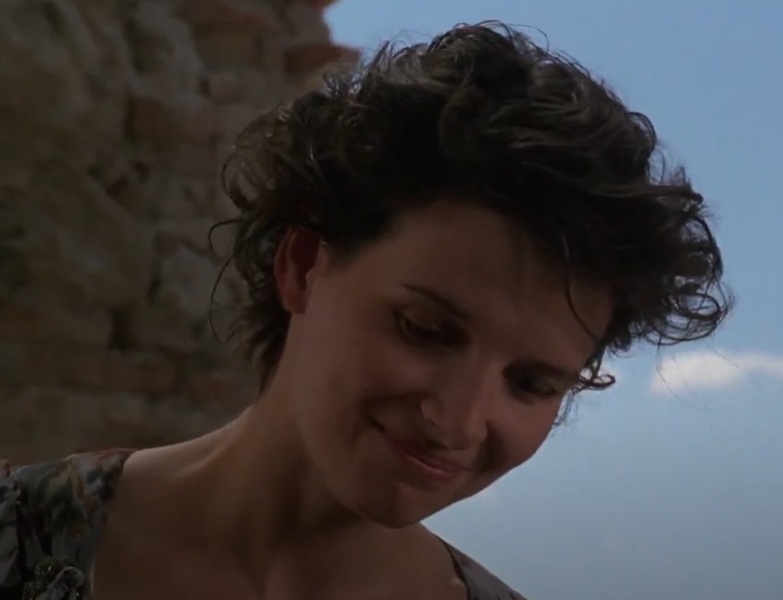 Miramax, The English Patient (1996)
Miramax, The English Patient (1996)
Best Cinematography: Life Of Pi (2012)
Because Ang Lee’s film relied so heavily on visual effects for this tale of a boy and a tiger drifting through an ocean, many cinematographers were upset at the movie’s win in the category, with one prominent figure saying, “This is not cinema and it’s not cinematography”.
 Twentieth Century, Life of Pi (2012)
Twentieth Century, Life of Pi (2012)
Best Picture: The King’s Speech (2010)
Academy voters again seemed to take a conservative approach by awarding top prize to Tom Hooper’s safe historical tale about a stuttering royal over David Fincher’s widely praised cut-from-the-headlines drama The Social Network, which also lost in the directing category.
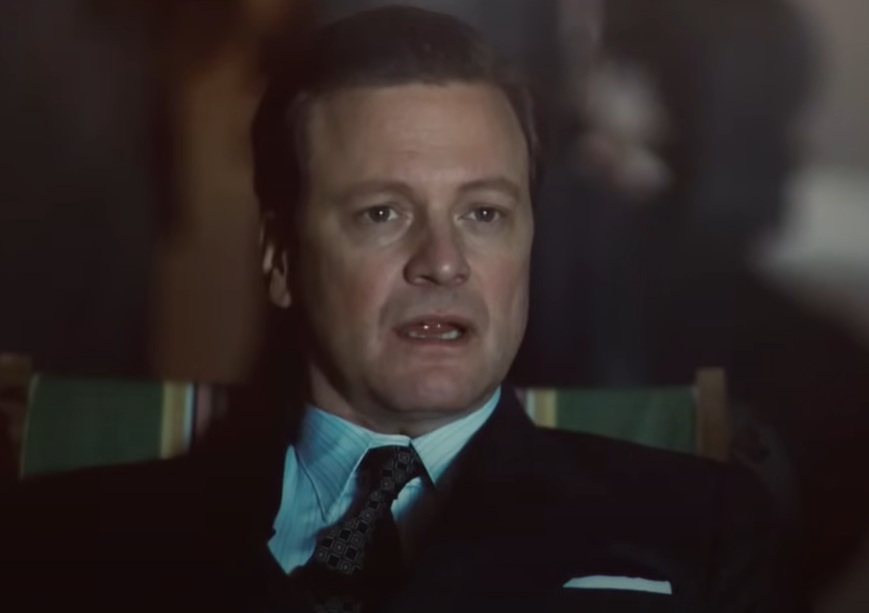 UK Film Council, The King's Speech (2010)
UK Film Council, The King's Speech (2010)
Best Supporting Actress: Marcia Gay Harden, Pollock (2000)
Marcia Gay Harden is the only performer to win an Oscar with no previous awards from major competitions such as the Golden Globes. Her role in Ed Harris’s first feature as director had her playing artist Lee Krasner, and she defeated contenders such as Ziyi Zhang in Crouching Tiger, Hidden Dragon.
Best Picture: Forrest Gump (1994)
Although Robert Zemeckis’s film starring Tom Hanks brought in the crowds and the Academy voters, Quentin Tarantino’s daring Pulp Fiction has left a longer-lasting mark on cinematic history than the Oscars’ pick for Best Picture, Best Director, and four other Academy Awards.
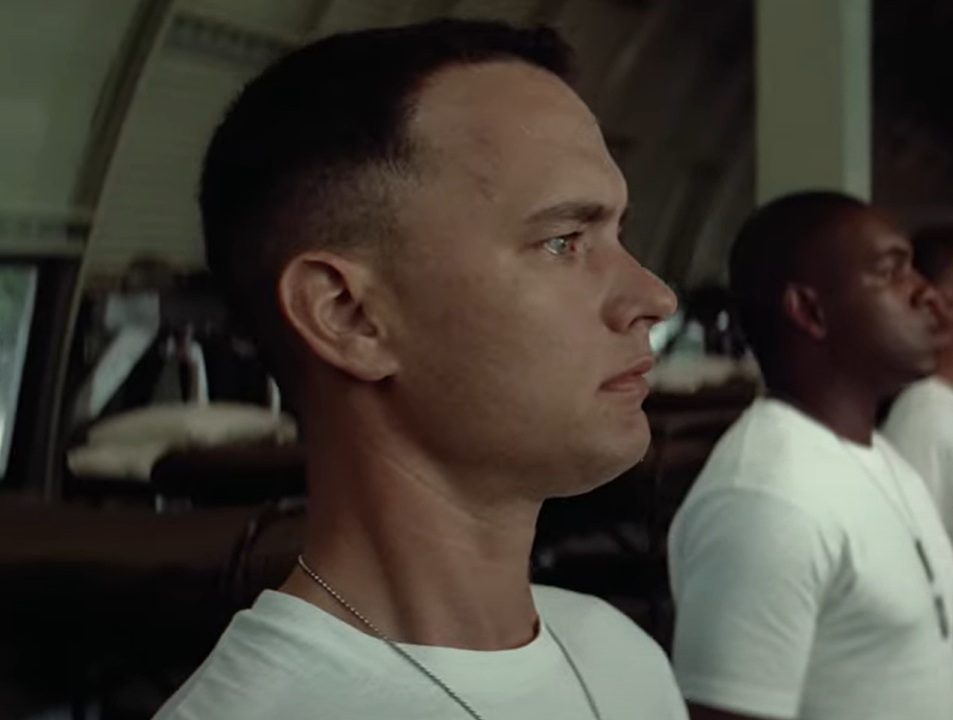 Paramount, Forrest Gump (1994)
Paramount, Forrest Gump (1994)
Best Supporting Actress: Marisa Tomei, My Cousin Vinny (1992)
The Oscars often seem to favor the downbeat, so it was a surprise when Tomei won for her amusing performance in this reasonably upbeat film. Her defeat of Judy Davis (Husbands and Wives) and Vanessa Redgrave (Howards End) even led to (false) speculation about a voting error.
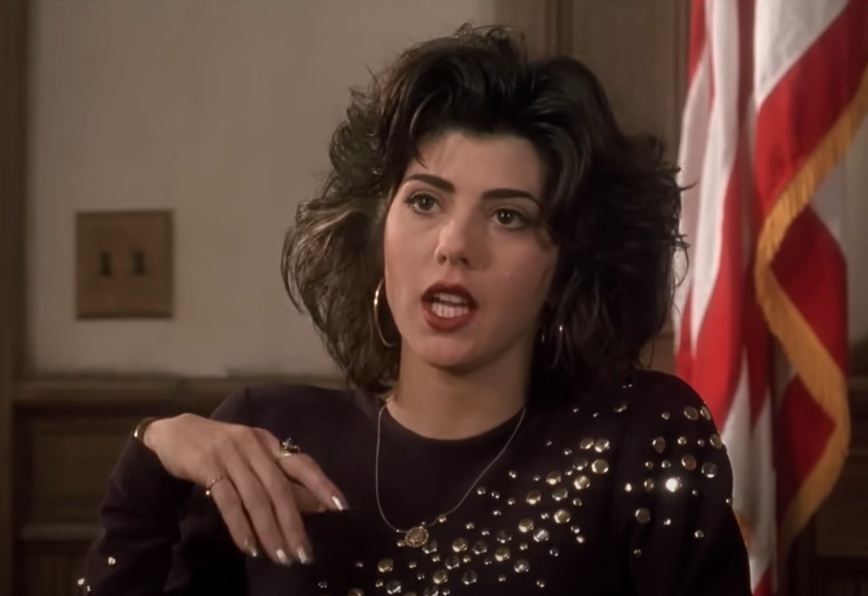 Twentieth Century, My Cousin Vinny (1992)
Twentieth Century, My Cousin Vinny (1992)
Best Picture: Rocky (1977)
The underdog triumphed as Sylvester Stallone’s dream child knocked out more-seasoned contenders such as Martin Scorsese’s Taxi Driver, Alan J Pakula’s All The President’s Men, and Sidney Lumet’s Network. John G Avildsen took home a Best Director award for the film too.
Best Picture: The Greatest Show On Earth (1952)
This Oscar winner’s tale of circus drama, directed by Cecil B DeMille, is widely seen as one of the worst films ever to win Best Picture, particularly considering it was running against the classic western High Noon—and dancing comedy Singin’ In The Rain wasn’t even nominated!
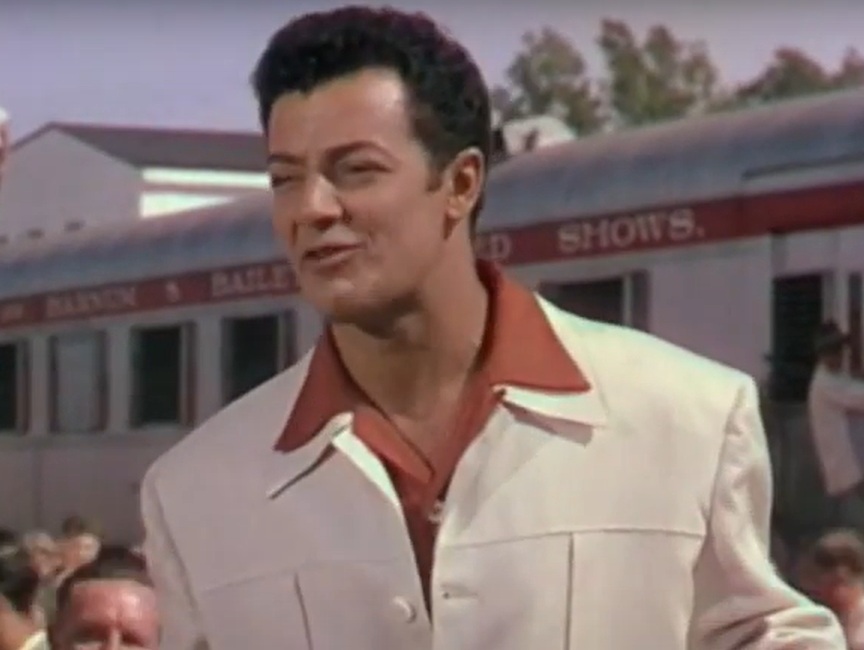 Paramount, The Greatest Show on Earth (1952)
Paramount, The Greatest Show on Earth (1952)
Best Actor: Alan Arkin, Little Miss Sunshine (2006)
Eddie Murphy was expected to win for Dreamgirls, having already won at the Golden Globes, SAG, and Critics’ Choices award ceremonies. But, or so the theory goes, Academy voters punished him because they were so repulsed by the newly released Norbit he also starred in.
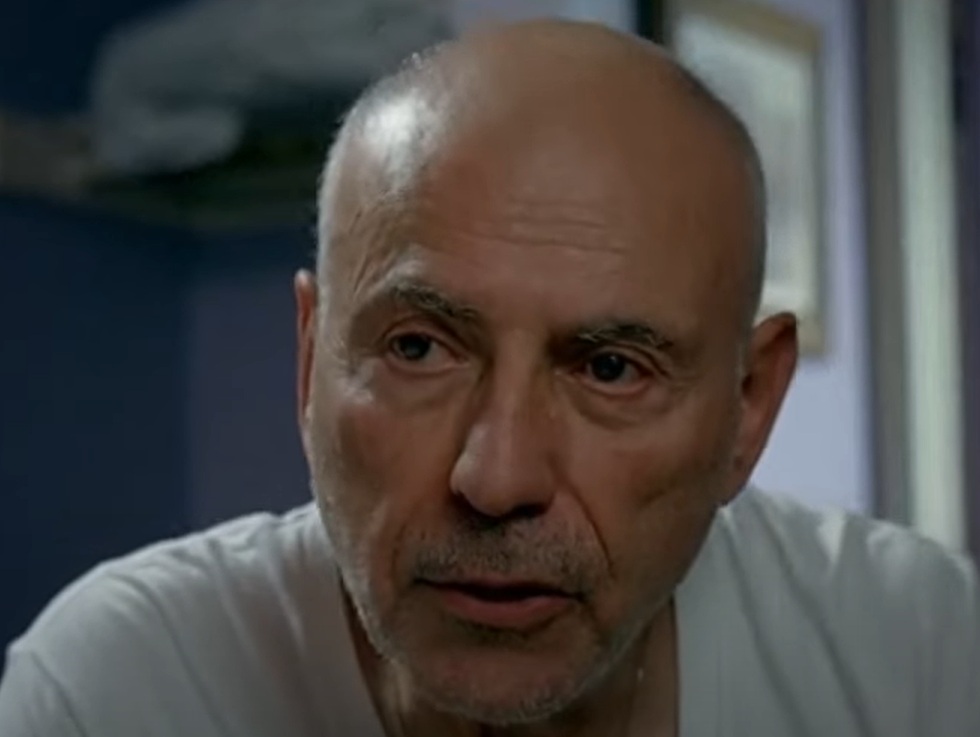 Big Beach, Little Miss Sunshine (2006)
Big Beach, Little Miss Sunshine (2006)
Best Actor: Will Smith, King Richard (2021)
It was the slap heard around the world at the 2022 Oscar ceremony. Smith’s victory in the Best Actor category was not a surprise, but it was overshadowed by the actor stomping onto stage and slapping Chris Rock earlier that night for a joke made at the expense of Smith’s wife.
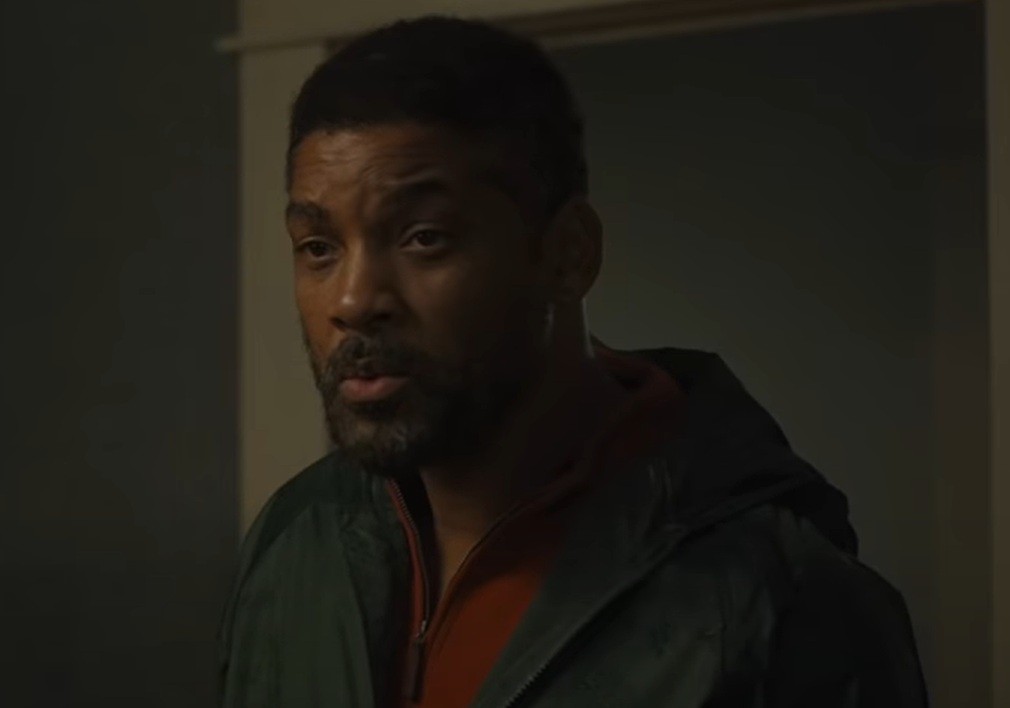 Warner Bros., King Richard (2021)
Warner Bros., King Richard (2021)
Best Picture: Green Book (2018)
Widely seen as competing with Crash for the worst film to win Best Picture, this film about a white driver and a Black musician was criticized for its overly delicate handling of race relations, but Academy voters’ bigger hangup may have been that rival Roma was put out by streamer Netflix and not a traditional distributor.
Best Film Editing: Bohemian Rhapsody (2018)
Many critics and fans felt this biopic of Queen’s lead singer, Freddie Mercury, suffered from heavy-handed cutting, with the editor later admitting he wanted “to put a bag over my head” whenever he saw one particularly frenetic scene in which the band meets their future manager.
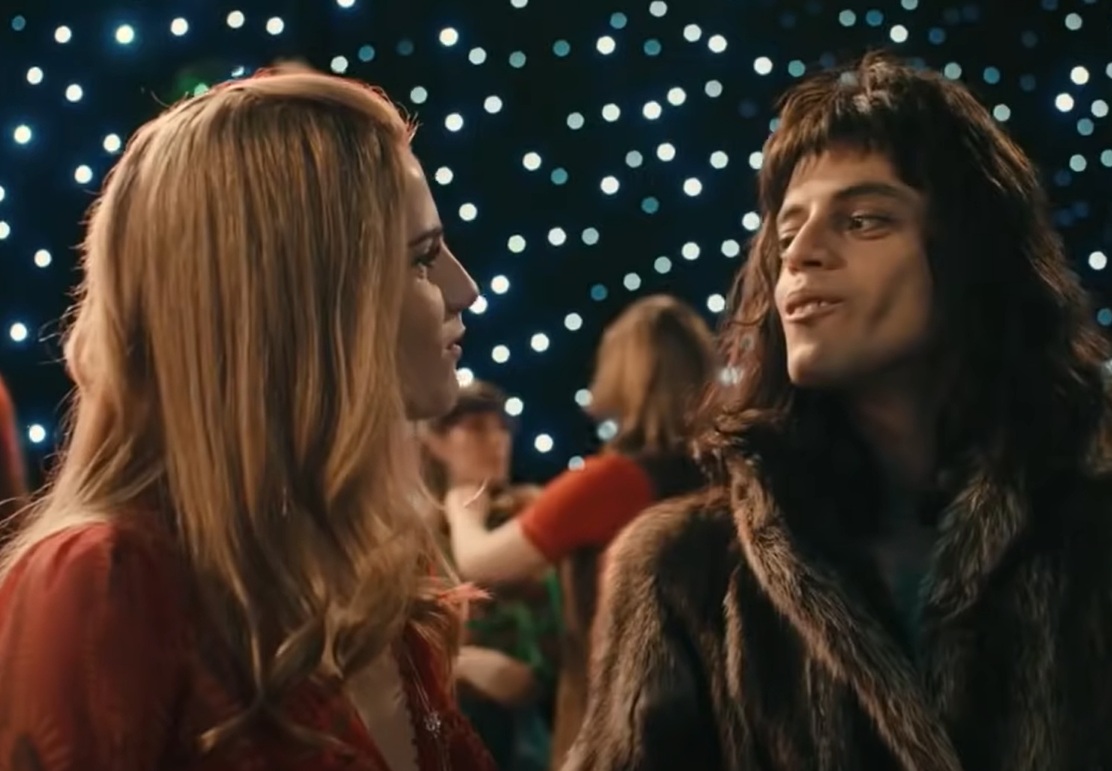 Twentieth Century, Bohemian Rhapsody (2018)
Twentieth Century, Bohemian Rhapsody (2018)
Best Actor: Rami Malek, Bohemian Rhapsody (2018)
Critics were more impressed by Bohemian Rhapsody’s lead than its editing, but even so there was strong support for Bradley Cooper’s performance in his version of A Star Is Born (2018), especially since the Academy hadn’t chosen to nominate him for his first-ever directing role.
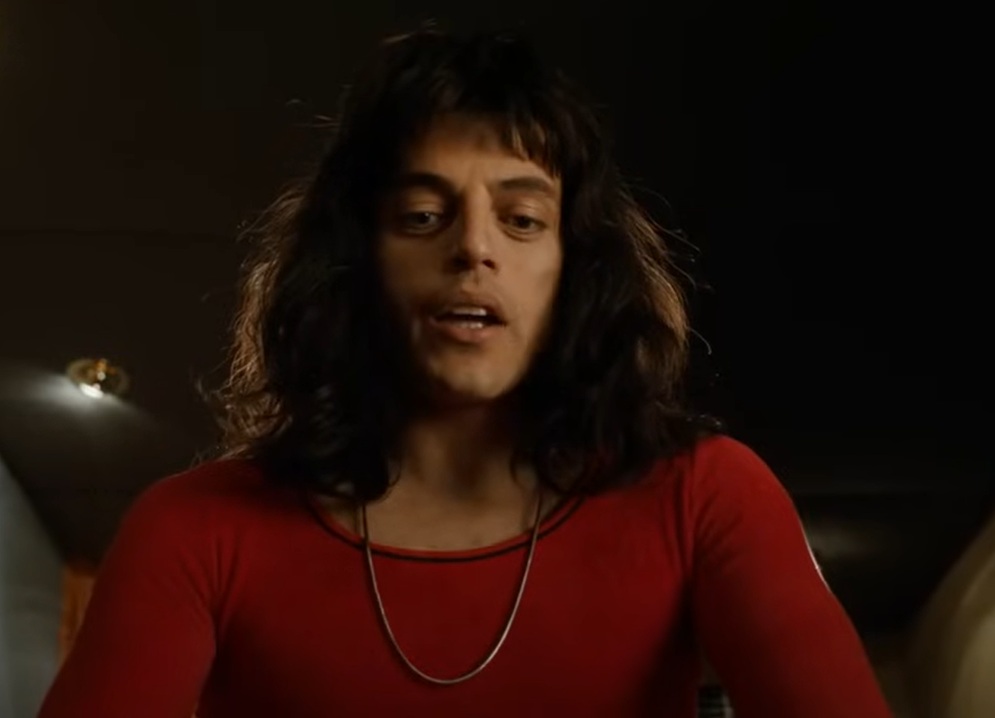 Twentieth Century, Bohemian Rhapsody (2018)
Twentieth Century, Bohemian Rhapsody (2018)
Best Director: Kevin Costner, Dances With Wolves (1990)
Many critics were happy with the new style of western in Dances with Wolves, despite its three-hour length and “white savior” theme, but Costner’s pick as Best Director over Martin Scorsese seems pretty egregious, with the director of Goodfellas not having won even a single Oscar at that point.
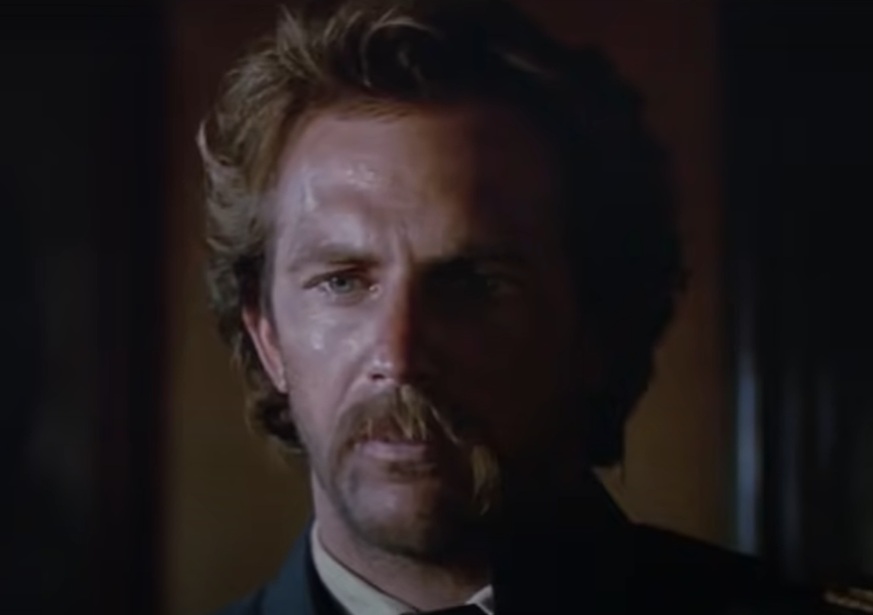 Orion, Dances With Wolves (1990)
Orion, Dances With Wolves (1990)
Best Director: Robert Redford, Ordinary People (1980)
A decade earlier, Scorsese lost out in the Oscar ring to Redford, who’d been nominated just once for an Oscar, so maybe the Academy thought he was overdue. Although his tearjerking family drama Ordinary People was widely praised, it’s hard to compare it with Scorsese’s masterful Raging Bull.
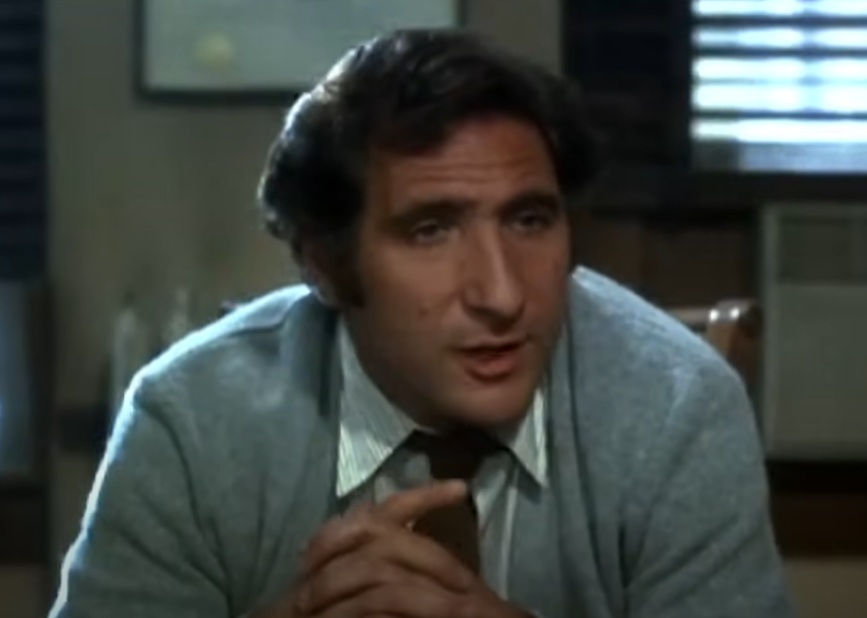 Paramount, Ordinary People (1980)
Paramount, Ordinary People (1980)
Best Picture: The English Patient (1996)
Anthony Minhella’s epic romance won Best Picture and Best Director, and certainly has a lot going for it, but seen in the rearview mirror the Coen brothers’ Fargo feels far more accomplished. Likely at the time, Academy voters just weren’t ready for something so fresh.
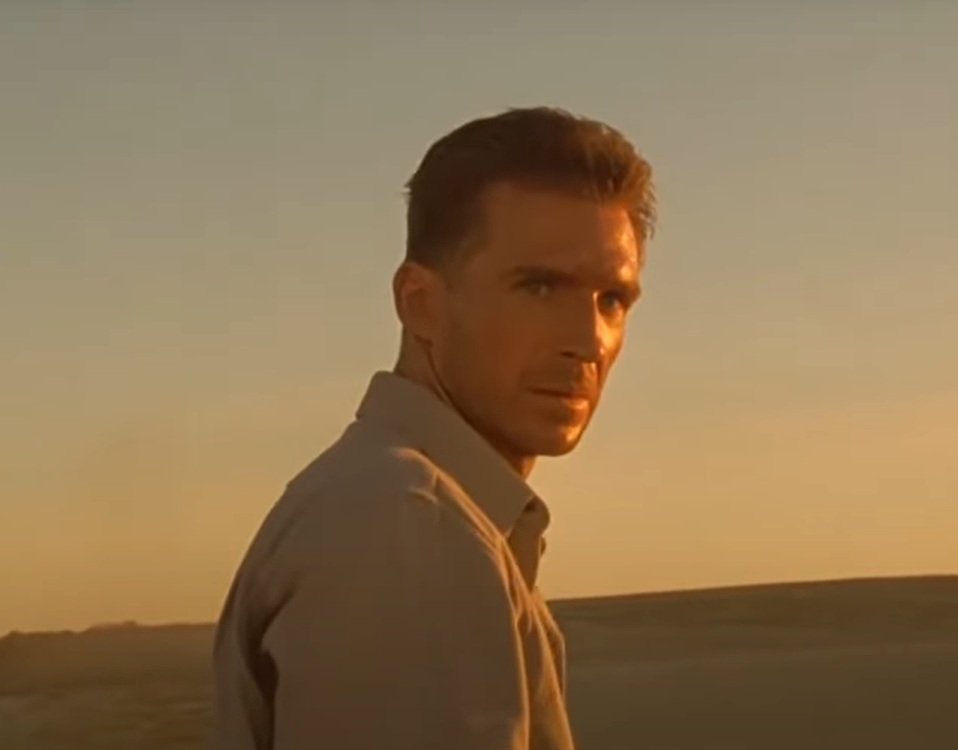 Miramax, The English Patient (1996)
Miramax, The English Patient (1996)
Best Director: Robert Benton, Kramer Vs Kramer (1979)
Dustin Hoffman and Meryl Streep deserved to win Oscars for Best Actor and Best Supporting Actress, but as a piece of filmmaking, did this divorce drama really earn its Best Film and Best Director awards? It’s not hard to argue for Francis Ford Coppola’s war epic Apocalypse Now, which lost out to it.
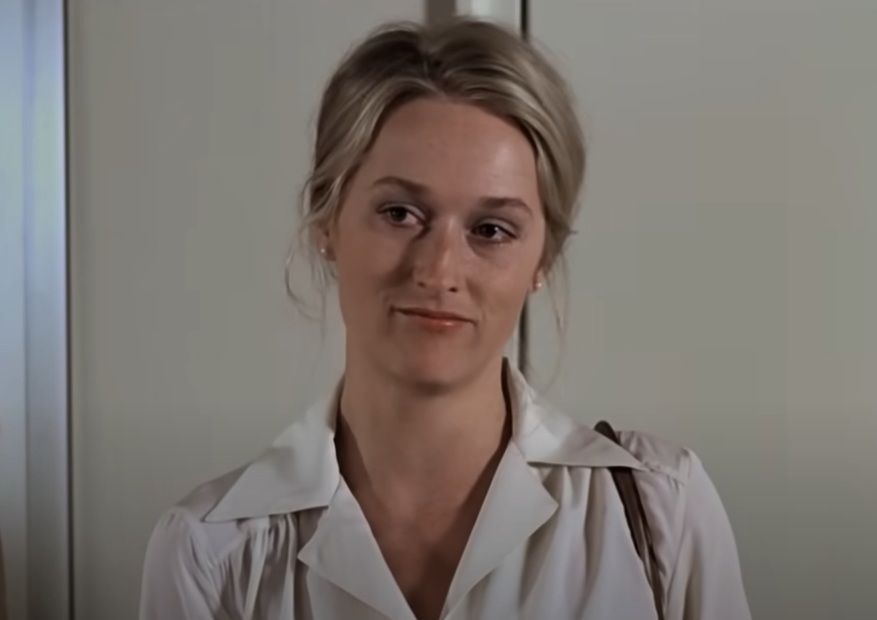 Columbia, Kramer vs. Kramer (1979)
Columbia, Kramer vs. Kramer (1979)
Best Actor: Marlon Brando, The Godfather (1972)
Speaking of Coppola, the star of his first Godfather movie, Marlon Brando, was a no-show when he (quite deservingly) won his second Best Actor Oscar. The upset really came, though, when Brando sent activist Sacheen Littlefeather to deliver a speech denouncing the film industry’s treatment of Native Americans.
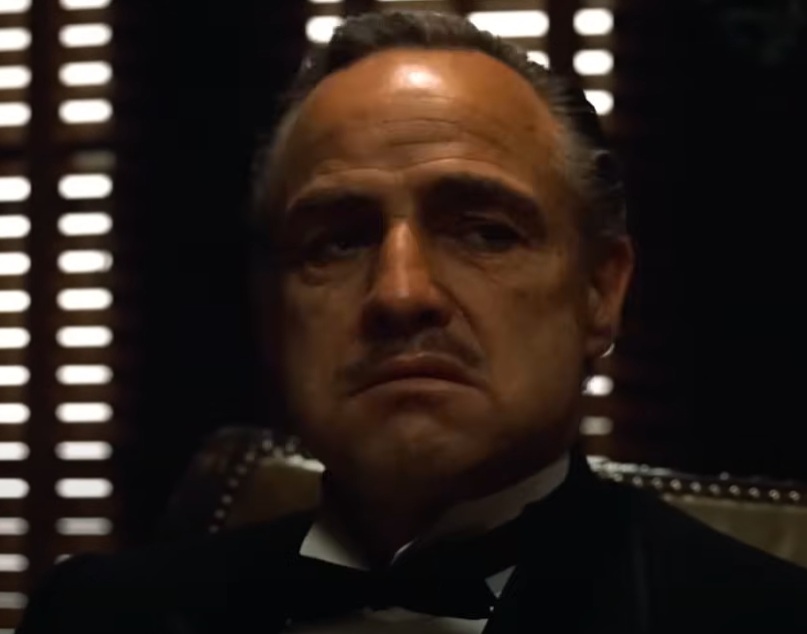 Paramount, The Godfather (1972)
Paramount, The Godfather (1972)
Best Actor: George C Scott, Patton (1970)
Brando wasn’t the first actor to decline an Oscar after winning it. That credit goes to George C Scott, who called the Oscars a contrived “two-hour meat parade,” and even tried to get his name removed from ballots. He insisted that his request was “in no way intended to denigrate my colleagues”.
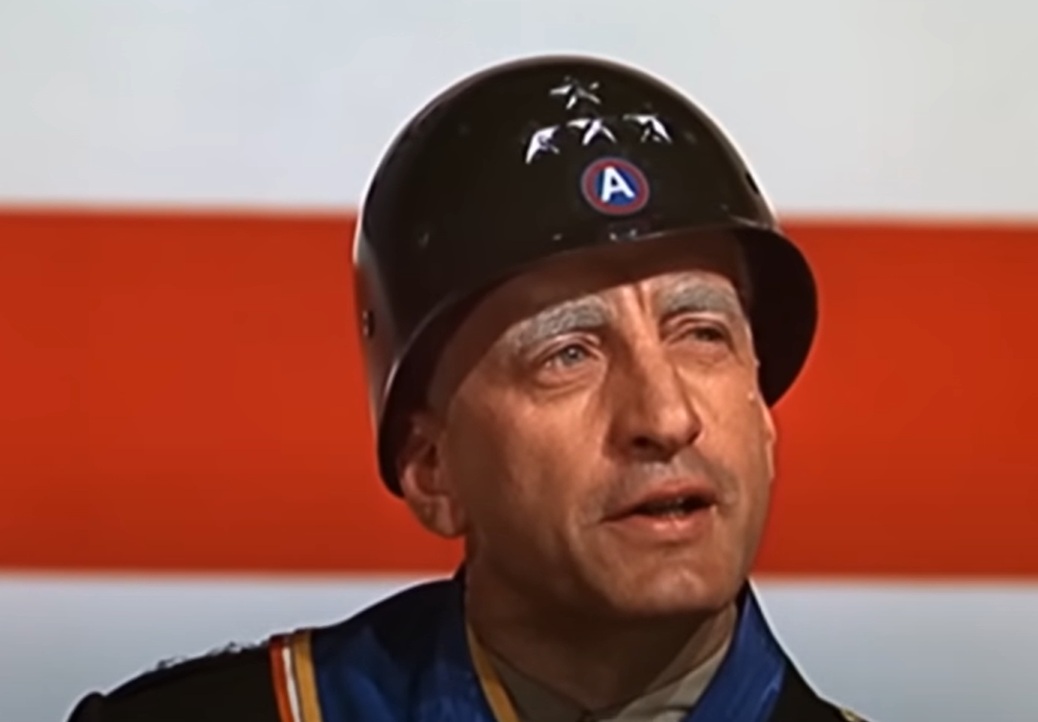 Twentieth Century, Patton (1970)
Twentieth Century, Patton (1970)
Best Makeup and Hairstyling: Suicide Squad (2017)
The movie did have some great makeup, particularly how it turned Margot Robbie into a very accurate clone of her comic-book character’s appearance, but it’s the idea that it's now “the Oscar-winning movie" turns the stomachs of cinephiles and comic fans alike.
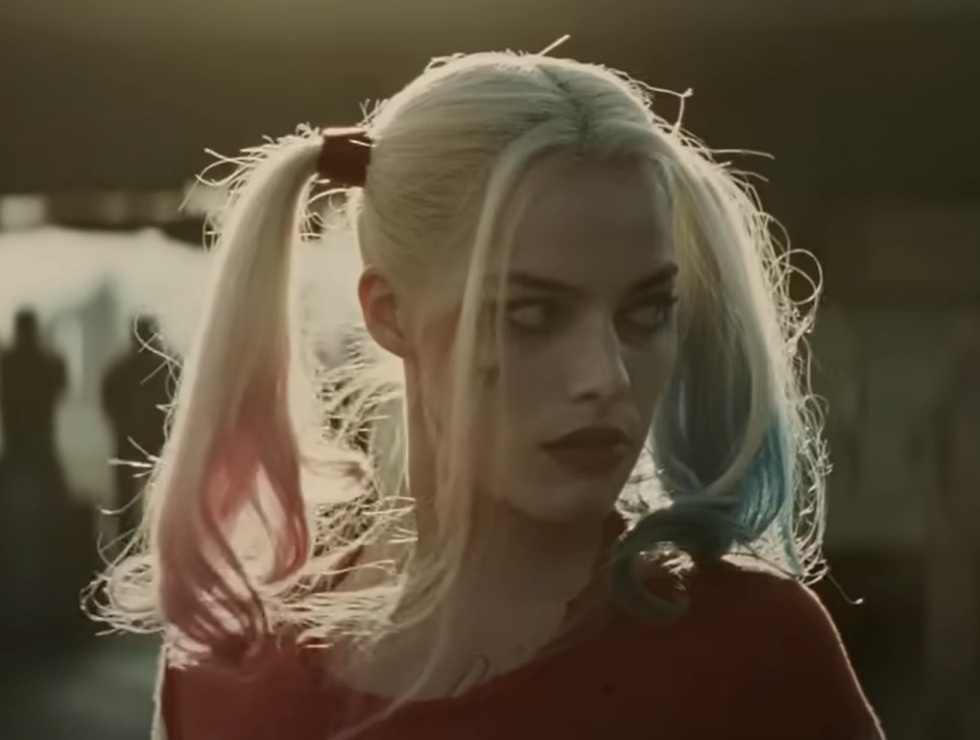 Warner Bros., Suicide Squad (2016)
Warner Bros., Suicide Squad (2016)
Best Animated Short Film: War Is Over! (2023)
Some Oscars viewers were likely surprised that the son of John Lennon and Yoko Ono, Sean Ono Lennon, had helped produce a film inspired by his parents’ anti-war song “Happy Xmas (War Is Over)”. He used his time on the podium to wish his 91-year-old mother a happy birthday.
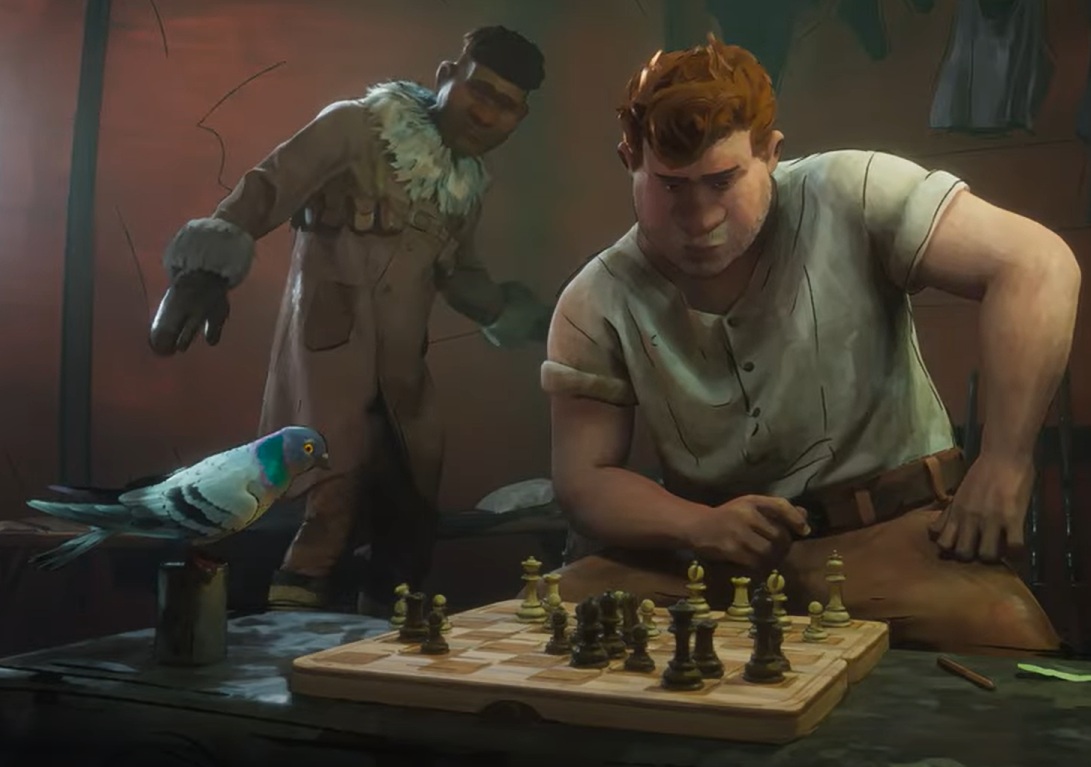 ElectroLeague, War Is Over! (2023)
ElectroLeague, War Is Over! (2023)
Best Supporting Actress: Anna Paquin, The Piano (1993)
Paquin won an Oscar for her very first film acting gig—at the age of 11! Not a record, though, as Tatum O’Neal won for Paper Moon (1973) when she was ten years old. Paquin’s performance in Jane Campion’s enduring classic beat the favored Winona Ryder, acting in The Age Of Innocence.
John Cena Presenting Best Costume Design (2024 Awards)
Hiding any incriminating parts with a large envelope, an au naturel Cena apparently paid tribute to a streaker at the Oscars 50 years earlier, when presenter Larry Niven quipped that the man’s “shortcomings” were probably the only laugh the streaker would ever get in his entire life.
Best Live-Action Short: The Wonderful Story Of Henry Sugar (2023)
Although Wes Anderson’s The Grand Budapest Hotel (2014) won four relatively minor Oscars, Anderson himself had yet to take home an Oscar, so his absence was a surprise when his short film won an award. He quickly revealed that he was in Europe and about to shoot his next film.
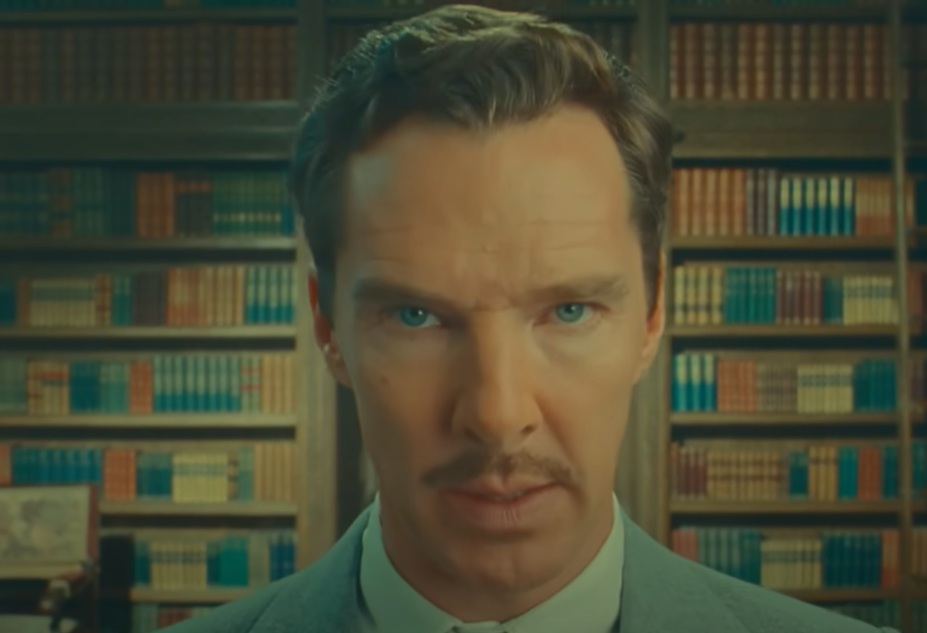 Netflix, The Wonderful Story of Henry Sugar (2023)
Netflix, The Wonderful Story of Henry Sugar (2023)
Best Actress: Grace Kelly,The Country Girl (1954)
Kelly wasn’t even nominated for her stellar roles in that year’s Alfred Hitchcock films Dial M for Murder and Rear Window—and everyone expected Judy Garland to win for A Star Is Born. It got worse. Garland had just given birth, and the network set up a camera in her hospital room for her speech. No such luck.
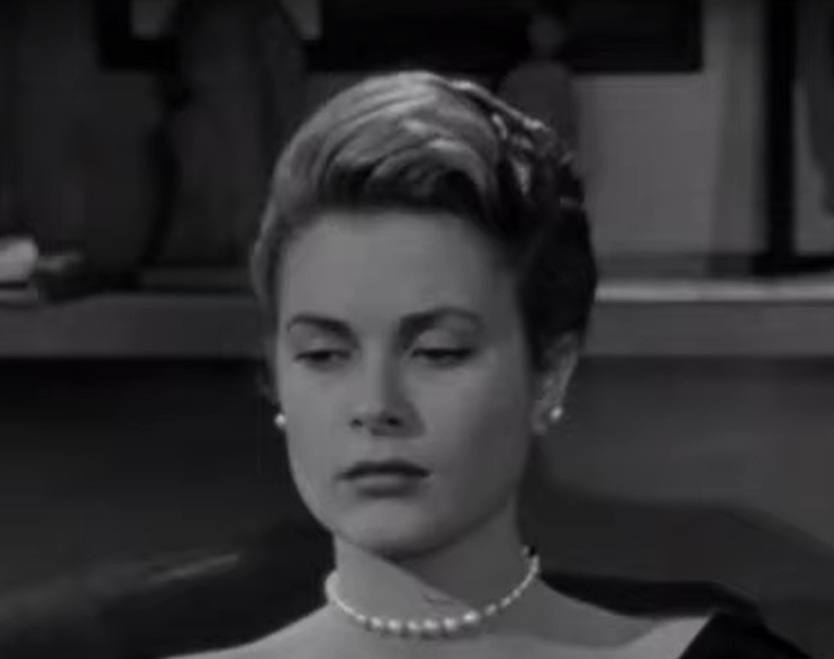 Paramount, The Country Girl (1954)
Paramount, The Country Girl (1954)
Spectator Sport
Oscar winners and losers over the decades have surprised film fans and critics alike, with speculation about why this person or that film won or lost consuming a vast amount of popular interest. At the next Oscars, we can only imagine what new surprises will unfold.

